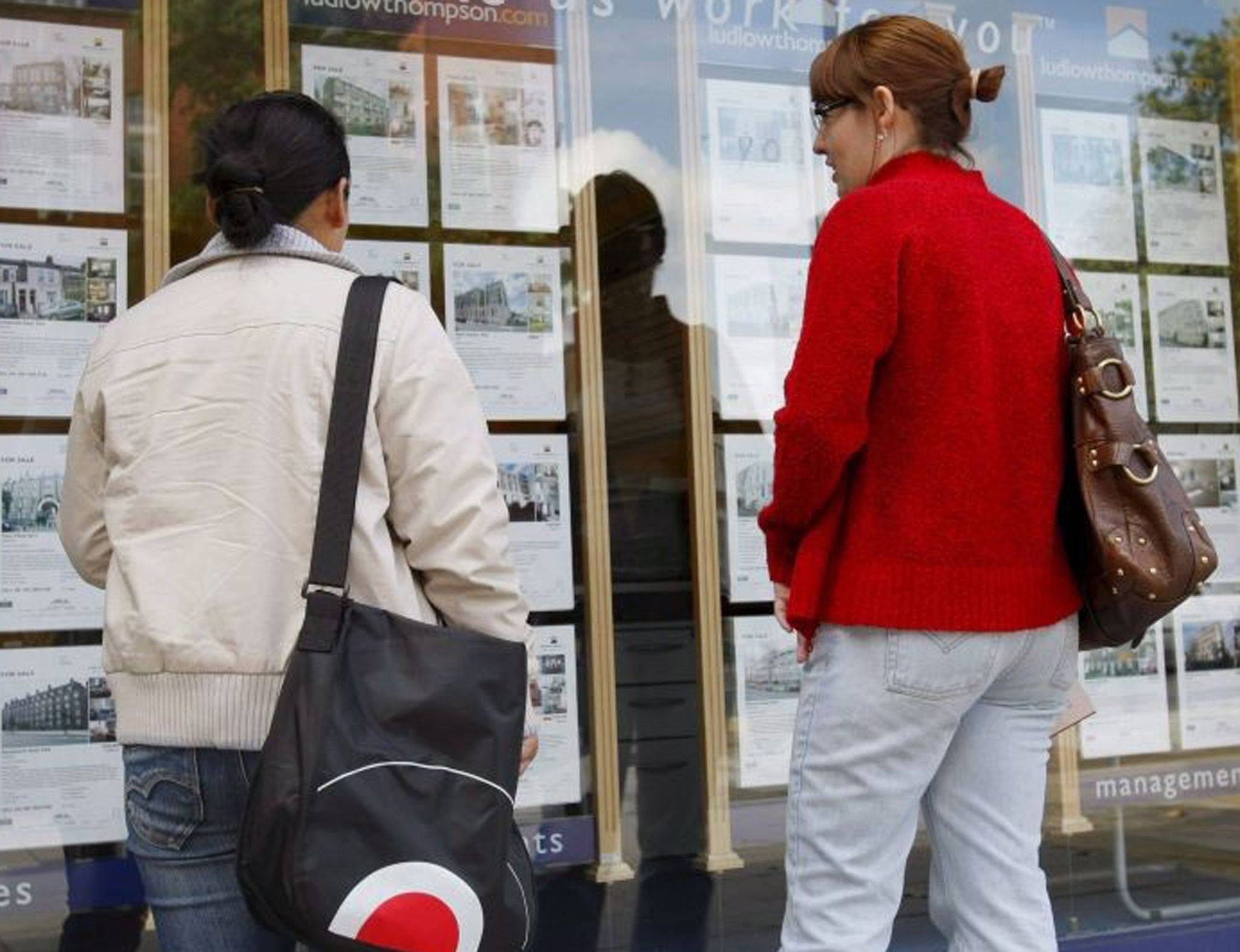Still got debt? Then be warned: things will get tougher
The days of low interest rates are likely to be coming to an end sooner rather than later

Mark Carney, the new Governor of the Bank of England, is spot-on in warning about the prospect of higher interest rates sooner rather than later.
The economy is picking up as are prices. Wages haven't followed suit yet but give it time. The simple fact is that the Bank is going to have to start weaning the British people off the opiate of artificially low interest rates.
Saying we have had record low rates of interest for the past four years doesn't actually tell the full story of the scale of the economic levers the Bank of England and other global central banks have been pulling.
In the 1980s the Bank's interest rate was routinely above 10 per cent. Since 2008 it has been at 0.5 per cent.
Of course, there is now a substantial disconnect between the Bank's interest rate and what lenders are actually offering to mortgage borrowers.
In pre-crash days the Bank rate was usually about 1 per cent or so lower than what you and I pay on our mortgage. Nowadays the differential can be anything from 2 per cent to 5 per cent depending on your credit record and financial position.
Nevertheless, mortgages are currently far cheaper than they were back in the 1980s and 1990s, and in some instances are now even below pre-crash levels, particularly in the fixed-rate marketplace.
So what have we been doing with this period of low rates? Well some who went into the crisis with a good cash and asset position have been filling their boots, acquiring more property and moving their assets around to take advantage of market opportunities.
In economic depressions generally the rich get richer in relation to the rest of the population; that is the way of things.
Those in the middle with some debt but more assets as long as they have kept their job have presumably done OK, perhaps taking advantage of cheap money in order to invest again in buy to let or at least pay down some more of their mortgage, increasing their asset wealth.
However, it is those with greater debt than assets who worry me. Although their finances have been propped up by low mortgages rates, it's probable that their real incomes have either fallen or stayed broadly the same since 2008.
As a result, they almost certainly haven't used the opportunity of the past few years to pay down their debts.
In fact one of the most striking things about indebtedness in the UK since the financial crisis has been how little of it has been paid back. In fact, many who should have been paying down their over-borrowing from the past decade have in fact been taking on new debt, admittedly at a lower rate than in the past but new debt all the same.
In truth I think as a country we have largely wasted the chance afforded to us by the central bank's low-rate policy to get our own house in order.
Now Governor Mark Carney is indicating that the rate largesse – which we mustn't forget has been so desperately punishing to older savers – will come to an end sooner rather than later.
I'm sure the bank won't hike rates to such an extent that lots of people start losing their homes – that would be counterproductive in the extreme – but be warned: if you thought the past few years were difficult for your family finances and you have persistent and high-level debt, then things are going to get even harder for you I am afraid.
Close-to-the-edge investing
Not sure about this but I had a press release this week espousing the virtues of cliff-top property.
The House Buyer Bureau, as it calls itself, said it has just bought a property within a “stones throw” of Ridgement House which hit the headlines recently for collapsing into the sea. I know that there is a shortage of property to develop in the UK but that sounds faintly ridiculous.
Apparently they got the property for £25,000 but what presumably is of real value is the plot of land it sits on. Anyone considering following this should be warned that they shouldn't expect to get a mortgage.
Subscribe to Independent Premium to bookmark this article
Want to bookmark your favourite articles and stories to read or reference later? Start your Independent Premium subscription today.

Join our commenting forum
Join thought-provoking conversations, follow other Independent readers and see their replies
Comments